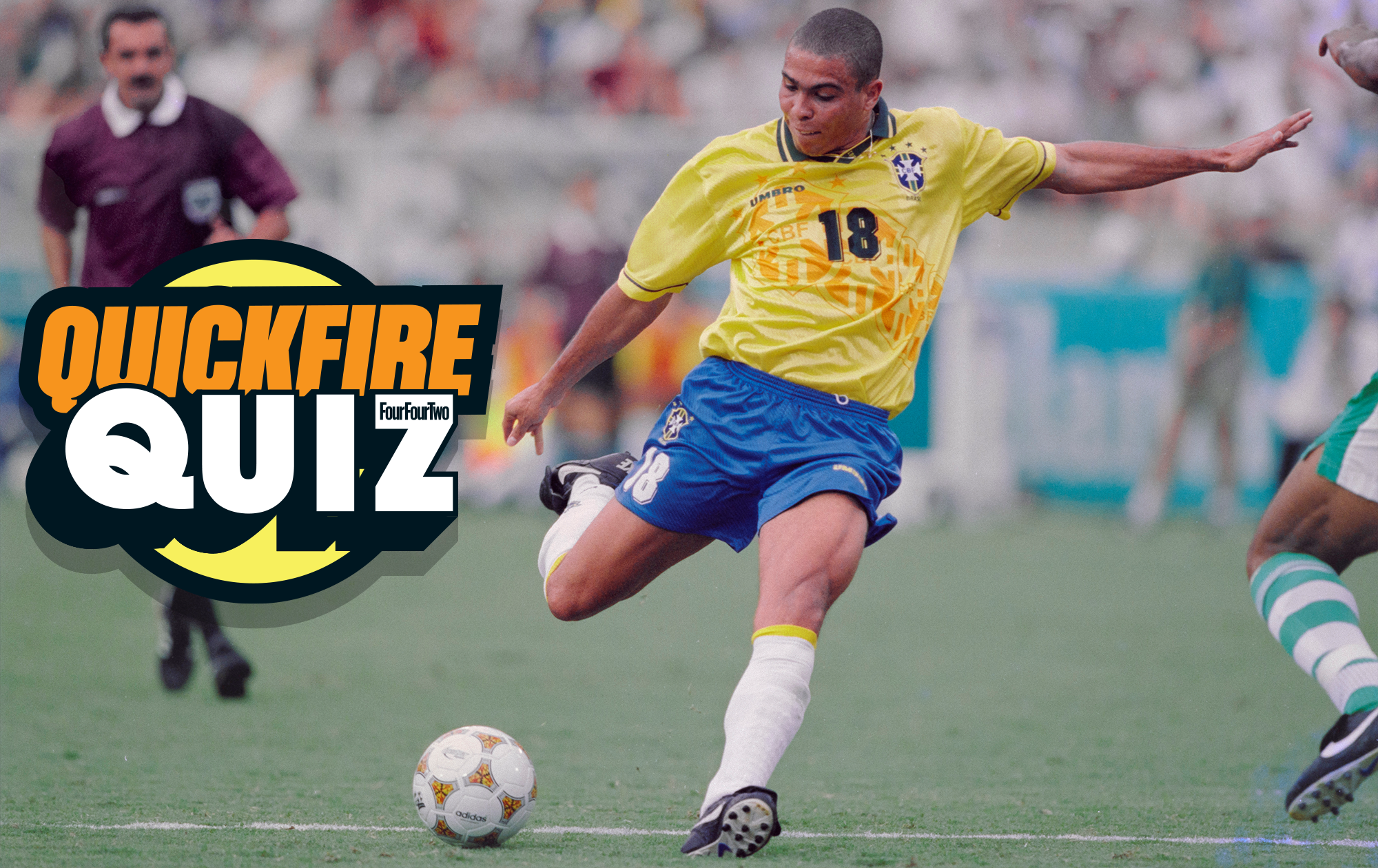
The club, only formed in 1992 after a merger, surprised many with the quality attacking play which secured second place in Group D and signalled that the balance of power in Scandinavian football may be moving from Norway to Denmark.
Stale Solbakken's side held group heavyweights Barcelona at home while victory at Panathanaikos in Athens went a long way to helping them qualify for the last 16.
"Given that we were seeded third in Group D, you could probably expect us to finish in third place. But we came second, and now we're looking forward to finding out who we get in the draw," club secretary Charles Maskelyne told Reuters.
Norwegian champions Rosenborg, previously the only Scandinavian club to progress beyond the group stages in the competition's current format, have been Champions League regulars but were knocked out by Copenhagen at the final qualifying stage.
While Copenhagen have flourished in the Champions League, Rosenborg have struggled in this season's Europa League.
Domestically, Copenhagen have been unstoppable and lead the championship by a massive 19 points after 19 games.
Founded in 1992 when KB and B1903 merged, the side from the capital have won the title in three of the last four seasons.
The best features, fun and footballing quizzes, straight to your inbox every week.
FINANCIAL MUSCLE
Backed by the financial muscle of the Parken Sports and Entertainment Group, their squad is bristling with Scandinavian internationals like Jesper Gronkjaer, William Kvist and goalkeeper Johan Wiland.
Despite their domestic dominance, the club takes a conservative approach when budgeting.
"We are at the top in terms of budget, and the goal is to be the best in Scandinavia," Parken Chief Communications Officer Daniel Rommedahl told Reuters back in August. "But we budget without including revenue from qualification for the group stage (of the Champions League), even if our aim is to qualify."
Maskelyne said the club will not rest on their laurels. "Goals can change during a competition," he told Reuters.
Maskelyne is well aware of the riches on offer for clubs that are successful in European competition, but said it is not something that has been discussed yet.
"We haven't spoken about it. There have been a lot of figures bandied about in the media but I don't know where they are coming from.
"It all really depends on who we get in the next round, which will affect ticket prices and the like. Obviously Shakhtar Donetsk might not be as attractive as Real Madrid or Chelsea."
With a big lead in the Danish league and a financial windfall from the knockout stages of the Champions League to come, few would bet against them appearing in Europe's premier competition again next year.
 Join The Club
Join The Club





